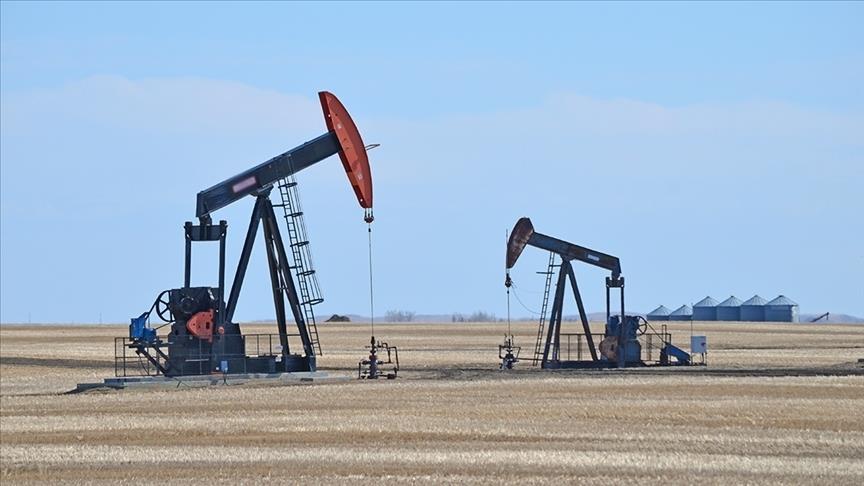Oil prices rose on Thursday as the US dollar fell and OPEC+ decided to maintain its current production policy.
International benchmark Brent crude traded at $83.38 per barrel at 9.08 a.m. local time (0608 GMT), a 0.65% increase from the closing price of $82.84 a barrel in the previous trading session.
The American benchmark West Texas Intermediate (WTI) traded at $76.97 per barrel at the same time, a 0.73% gain after the previous session closed at $76.41 a barrel.
In an effort to combat inflation, the US Federal Reserve raised its benchmark interest rate by 25 basis points on Wednesday. Oil prices, which had been falling ahead of the Fed’s interest rate decision, began to rise following the decision and the speech of Fed Chairman Jerome Powell.
Powell stated that cutting interest rates this year would be inappropriate if the economy generally performed in line with expectations, and he expects economic growth to continue, albeit at a slower pace.
On expectations of softer rate hikes in the US, the US dollar index fell to nine-month lows. The decline in the value of the US dollar aided higher oil prices by encouraging traders to use other currencies. A weaker dollar further fuels strong demand in the global oil market.
The Organization of Petroleum Exporting Countries (OPEC) and allies, known as OPEC+, agreed to adhere to cutting oil output by 2 million barrels per day until the end of 2023.
The decision came at the group’s 47th Joint Ministerial Monitoring Committee (JMMC) videoconference meeting. The group’s next ministerial meeting is scheduled for April 3.
Meanwhile, US commercial crude oil inventories increased by 4.1 million barrels during the week ending Jan. 27, according to data released by the Energy Information Administration (EIA) late Wednesday.
Inventories rose to 452.7 million barrels, against the market expectation of a decrease of around 1 million barrels.
The higher-than-expected increase in inventories signals a drop in demand in the US, which limits the rise in oil prices.

